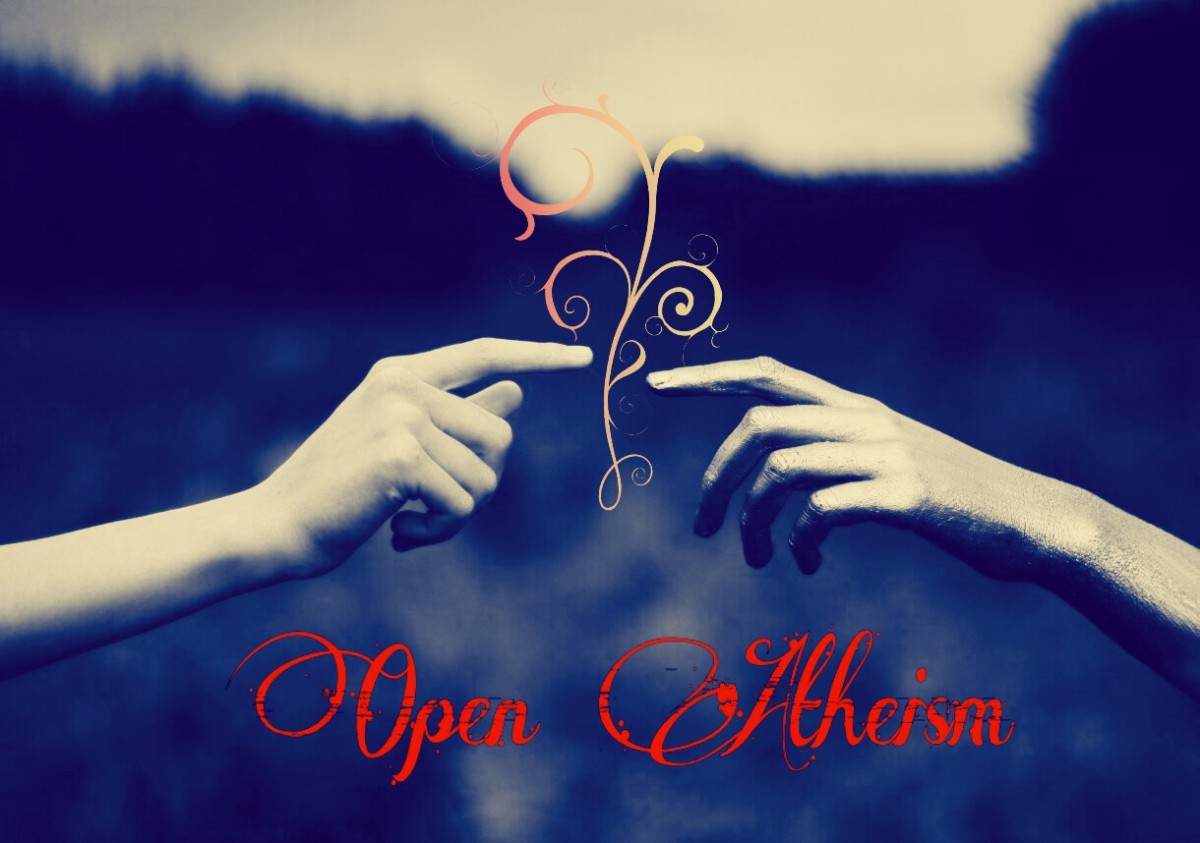
One of the new understandings between Evangelicals in the past few decades is something called "open theism." This is the view that God does not know the future completely but lives in the daily now present moment with His creation. These Evangelicals thought classical theism was too closed off in how God relates to His creatures and reality thus the term "Open theism" which means the future has an openness about it.
I have just finished reading Larry Alex Taunton's book The Faith of Christopher Hitchens and just started reading Greg Boyd's The Benefit of Doubt: Breaking the Idol of Certainty. Boyd deals with how doubt from a biblically informed faith can actually help one grow in faith rather than choosing the all or nothing certainty seeking modern model of faith. Christians have always struggled in the faith with doubts but can atheists have doubts too? What is fascinating about Taunton's book is the questions and concerns Christopher Hitchens raises when he is dying of cancer and facing the spectre of death.
Christians typically view the new atheist Christopher Hitchens as a petty mean spirited aggressive atheist. For hitches, this was his public face but his private more personal demeanor was something quite different behind the scenes. Probably what Hitchens hated the most was hypocrisy and he had no problem calling it out for what it is for all the world to see. As I read the last encounters of this man through Larry Taunton's lenses, I sensed a love and appreciation for this notorious atheist. Here was a man with a quick wit, a sharp tongue, but also a human person who was open to change his mind at times when reality hit him hard enough.
Christopher Hitchens went through an enormous change of beliefs after 911 happened. His atheism was still in tact but he saw the reality of evil in man that broke with many of his ideas on Marxist utopianism and modern left views of interpreting evil. I was reminded of my own spiritual shifting waters where I was theologically in the postmodern camp of the Christian faith and lost my faith in postmodernism after 911. Why 911 did not shake up more people's ideas and faith is beyond me.
Hitchen's most famous books god is not great and How Religion Poisons Everything found this atheist contrarian possessing both Evangelical Christian friends and his secret love towards the King James Bible's poetic prose and the Protestant Reformation revolt against Rome and hierarchal institutional Christianity. Behind the scenes, Christopher could just as much challenge other atheist platforms as he could religious ones. Hitchens saw a lot of duplicity and lack of authenticity in many Christian leaders and pop culture religious crusaders. Although he could turn a phrase into a weapon to win points in a debate to make god look bad, he gave many critiques of the Christian faith that Christians should learn from in the sad history of the abuse of power of ecclesial authority and the hypocrisy and inconsistences of some of our representatives of the Christian faith.
Maybe the ghost that haunted Christopher Hitchen's was the ghost of a higher love? Atheists who are quick to say they don't believe in God will just as quickly suggest they believe in love. I want to tear down the false idols and illusions of the Christian faith just as much as the atheists do on some issues.
I also want to point them to the real living God of Abraham, Isaac, and Jacob and not the small god of the philosophers. I want them to see the glorious truly human-God man of Jesus stripped of all the confusions and modern human projections. I want the atheists to understand that the love they believe in is God because God is love.
No comments:
Post a Comment